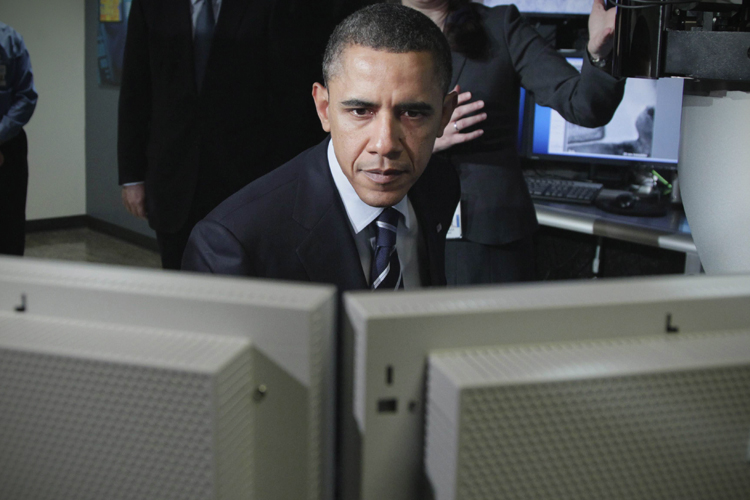No matter the noise about the “skills gap,” schools aren’t teaching kids to code. The majority of U.S. states don’t recognize computer science as a core subject, meaning that, in the era of high-stakes testing and budget cuts, there’s actually been a 10-year decline in the number of schools that teach it. Contributing to the issue is a lack of training for teachers and engaging up-to-date curricula, especially in the early grades.
This week, an organization called Code.org wants to change that. It has launched a massive campaign with more than 100 partners called the Hour of Code. The program provides an interactive introduction to coding featuring drag-and-drop, Lego-like pieces, video game characters like Angry Birds, video lecture bites from the likes of Bill Gates and Mark Zuckerberg, and words of encouragement from President Obama and other politicians and celebrities.
Four and a half million kids in 30,000 K-12 classrooms in 160 countries will try the Hour of Code this week as part of Computer Science Education Week. Free classes will be held in Apple retail stores. Celebs and athletes will be tweeting encouragement. Google, Yahoo, YouTube, Apple, MSN, Bing, and Disney will put it up on their home pages.
Ali Partovi, who founded Code.org with his twin brother Hadi, a former Microsoft employee and early advisor to Zuckerberg, says the long game is simple: “By the end of next year we want to have a hundred schools in the U.S. add computer science as a class. The year after that, a thousand. And by the end of the decade, we want computer science taught in every school in America.” Their advocacy push has been impressive so far: In the first six months since they launched Code.org, three states have passed laws updating their education standards to recognize the importance of computer science.
![]()

